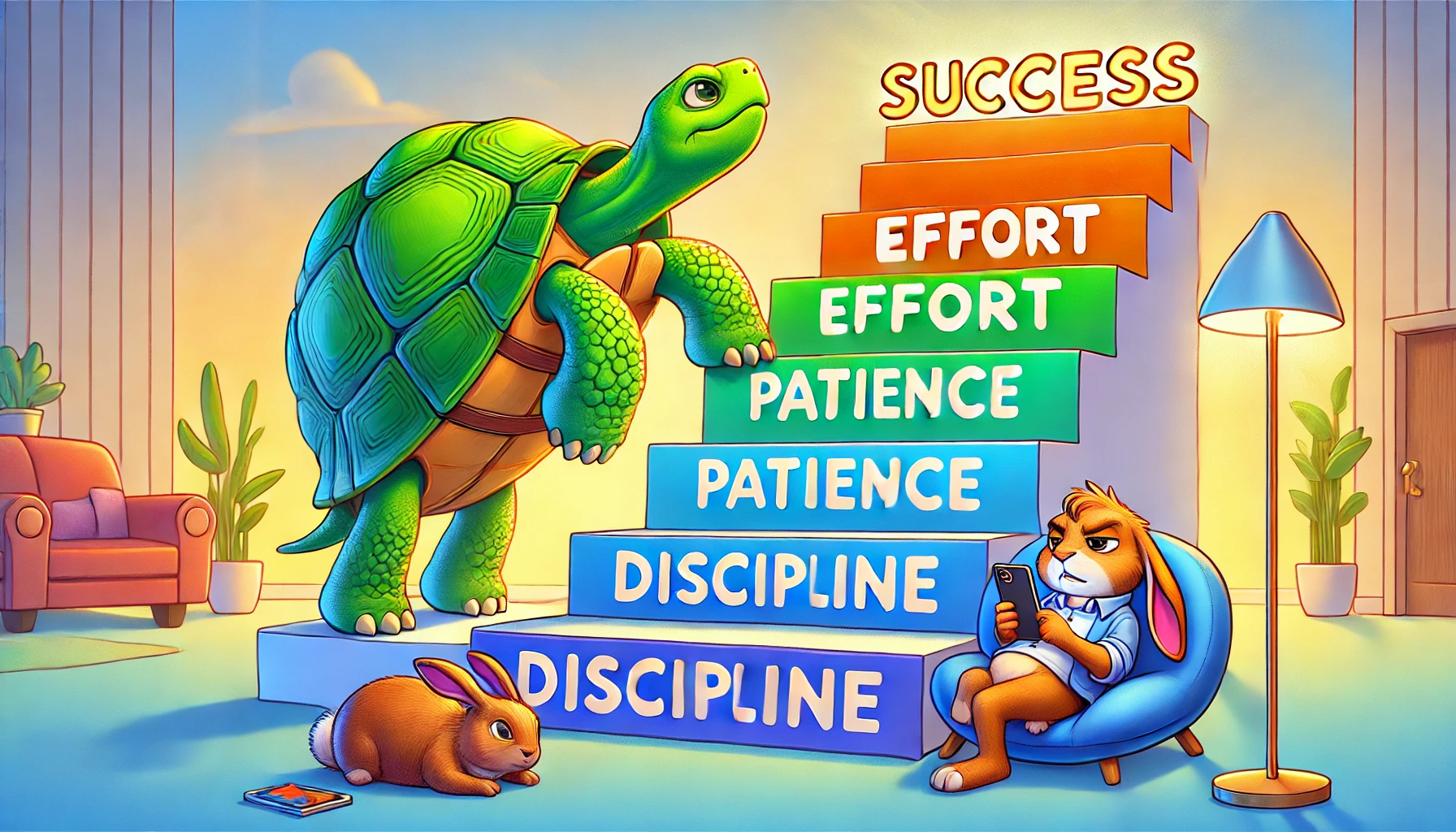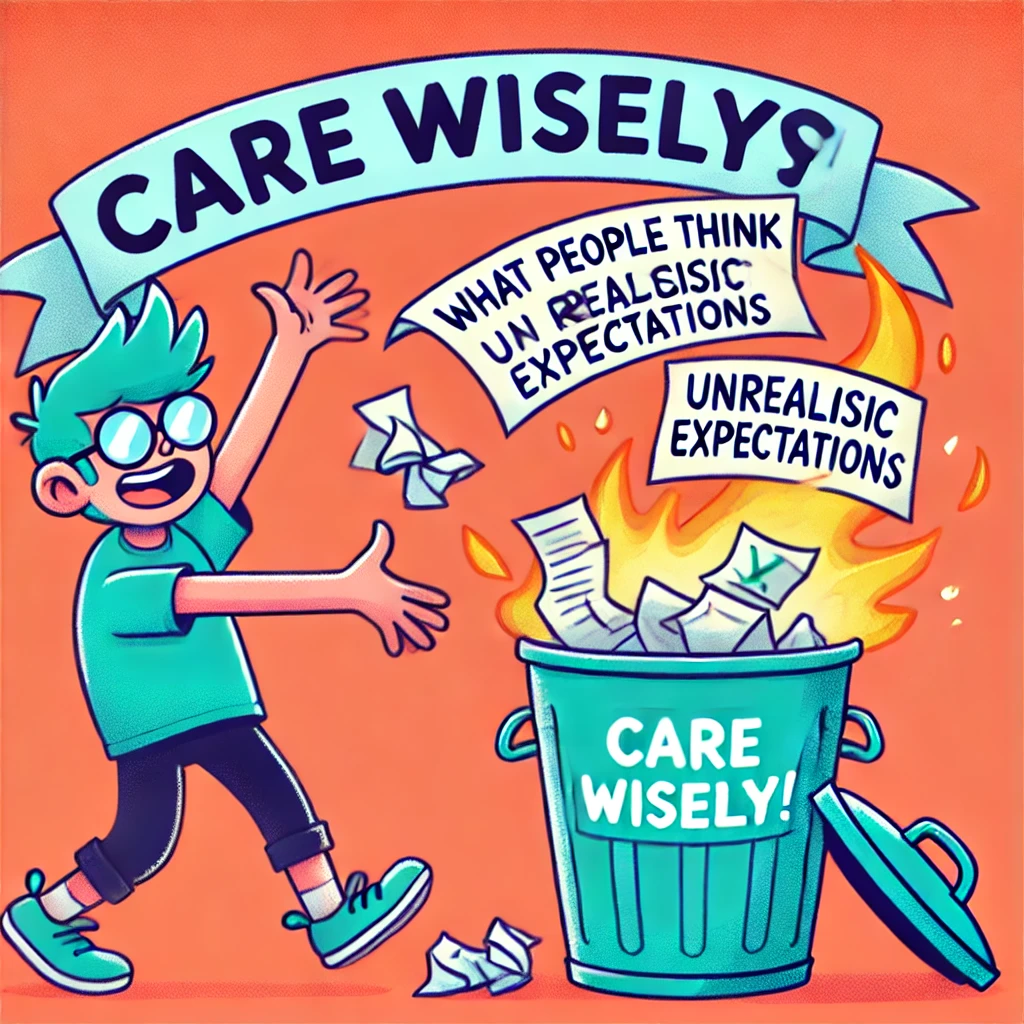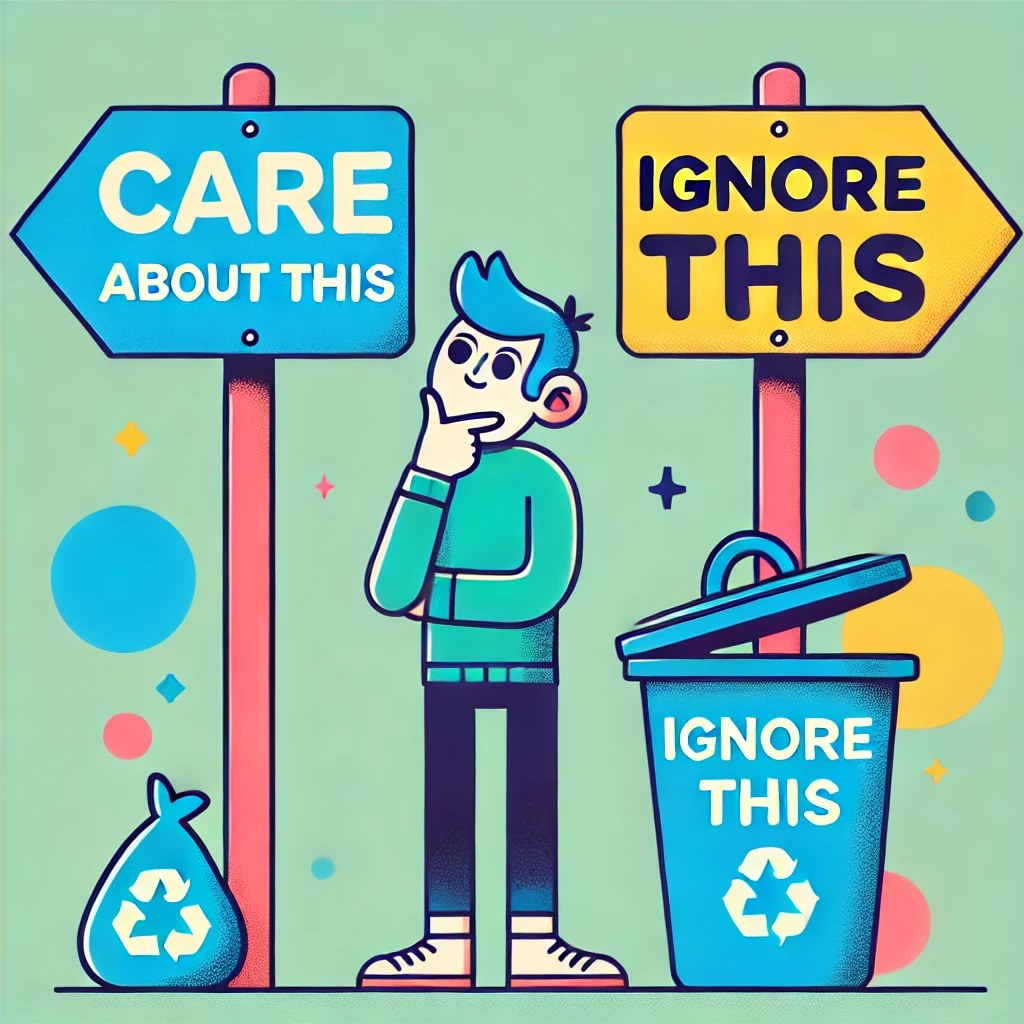The Distance Is Nothing When You Have a Purpose
Or as Nietzsche put it, “He who has a why to live can bear almost any how.” Let’s dive into why purpose makes the journey worthwhile—and how to find yours if it’s gone missing.
Why Purpose Shrinks the Distance
When you’re motivated, distance becomes irrelevant. Think about it: ever drive three hours for the perfect concert or binge-watch an entire TV series in one night? The same concept applies to life’s bigger goals. Purpose gives you tunnel vision—not the dangerous kind, but the kind that keeps you focused on what matters most.
Without purpose, every step feels like a slog. With purpose, even setbacks feel like stepping stones. Your “why” gives context to your effort, making the journey feel less like drudgery and more like a series of meaningful steps.
The Real Challenge: Finding Your Why
Let’s be real: not everyone wakes up knowing their purpose. If you feel like your “why” is buried under a pile of daily routines, here’s how to dig it out:
- Identify What Fires You Up: What makes you lose track of time? What topics do you Google at 2 a.m.? Your passions are breadcrumbs to your purpose.
- Reflect on Your Values: What do you care about deeply? Purpose often aligns with your core beliefs.
- Experiment Without Fear: Don’t wait for purpose to knock on your door. Try new things, take risks, and see what resonates.
Your purpose doesn’t have to be grand or world-changing—it just has to matter to you.
Motivation vs. Purpose
Here’s the thing: motivation is fleeting, but purpose is enduring. Motivation gets you started; purpose keeps you going. Imagine motivation as the spark that lights the fire and purpose as the wood that keeps it burning.
This is why gym memberships spike in January and attendance drops by February. If your reason for showing up isn’t meaningful, you’ll stop showing up. But if your purpose is tied to something bigger—your health, your happiness, or that vacation bod—you’ll keep lacing up those sneakers.
Overcoming Setbacks: Purpose as Your Compass
Life’s journey isn’t a straight line—it’s a zigzag of wins, losses, and WTF moments. But when you have a purpose, setbacks don’t feel like dead ends. They feel like detours. Here’s how to stay on track:
- Reframe Failures: Every failure teaches you something. Learn the lesson and move forward.
- Focus on Progress, Not Perfection: You’re not running a race—you’re climbing a mountain. Celebrate every step up.
- Revisit Your Why: Write it down, say it out loud, tattoo it on your arm if you need to. Keep it front and center.
Your purpose is your compass. Even when the path feels impossible, it reminds you which direction to go.
The Sweet Spot: When Purpose Meets Passion
True fulfillment comes when your purpose aligns with your passions. That’s when the distance truly disappears. Work doesn’t feel like work, effort doesn’t feel exhausting, and every day feels like a step closer to something incredible.
But even if you’re not there yet, remember: purpose is a process. It evolves as you grow. Stay curious, stay open, and trust the journey.




